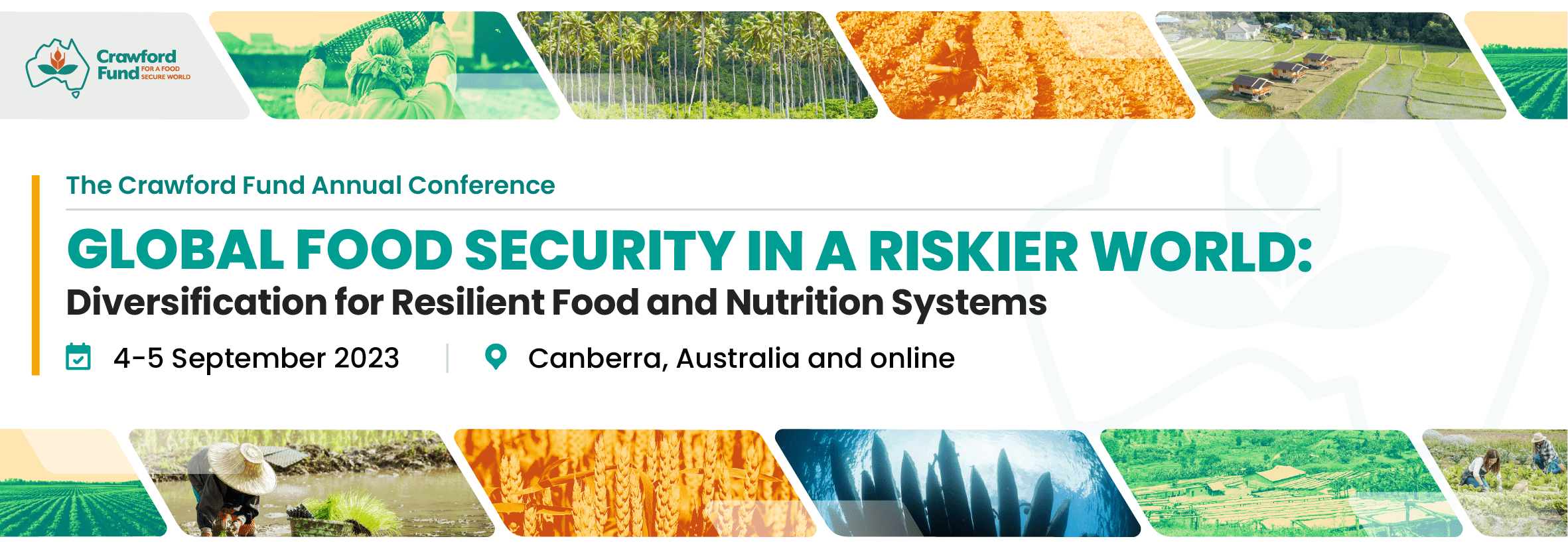


Professor Wendy Umberger
Chief Executive Officer, ACIAR
Professor Wendy Umberger is the new CEO of ACIAR. Previously, she was the President of Australia’s Policy Advisory Council (for International Agricultural Research and Development) and an Honorary Professorial Fellow in the School of Agriculture and Food at the University of Melbourne. She is an expert in agricultural economics and development and food policy. She has worked on food system issues across the Indo-Pacific region and led interdisciplinary value chain research projects in Asia, Australia, North America, the Pacific Islands and South Africa. Her research has explored opportunities for agricultural smallholder households in producing high value (horticulture, dairy, beef) food products and adopting new technology to gain access to modern food value chains.
From 2013 to 2022 she was the Foundation Executive Director at the Centre for Global Food and Resources at the University of Adelaide and a Professor in the School of Economics and Public Policy. She served on the Board of Trustees of the International Crops Research Institute for Semi-Arid Tropics (ICRISAT) from 2015 to 2021. She is also an Independent Director of Grain Producers South Australia (GPSA), a Director of the International Association of Agricultural Economists, a board member of Food Bank SA, an Honorary Fellow of Food Standards Australia New Zealand, and a Distinguished Fellow of the Australasian Agricultural and Resource Economics Society. Wendy has a B.S. in Animal Science (1996) and M.S. in Economics (1998) from South Dakota State University and PhD in Agricultural Economics (2001) from the University of Nebraska-Lincoln.
Professor Wendy Umberger – SESSION 2, 5 September 2023
Professor Wendy Umberger – QA for Session 2, 5 September 2023
Session 5. Conversation on policy settings – Ubalijoro, Fowler, Anderson, Umberger, 5 September 2023